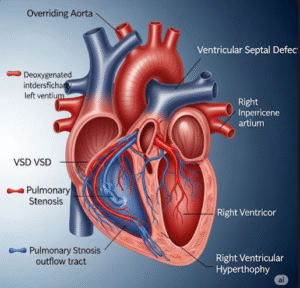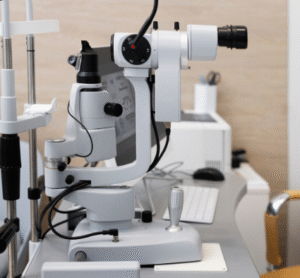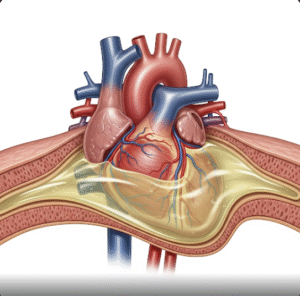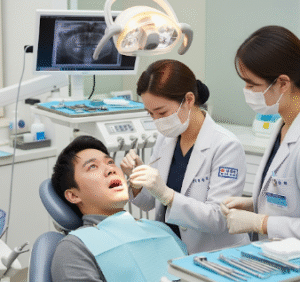Overview
Familial hypercholesterolemia (FH) is a genetic disorder characterized by very high levels of low-density lipoprotein (LDL) cholesterol, which increases the risk of early-onset cardiovascular diseases. In Korea, awareness and early diagnosis of FH are growing, with specialized cardiology and lipid clinics offering treatment, genetic testing, and preventive strategies to reduce cardiovascular risk.
What is Familial Hypercholesterolemia?
FH is caused by mutations in genes such as LDLR, APOB, or PCSK9, which impair the body’s ability to remove LDL cholesterol from the blood. This leads to cholesterol accumulation in arteries, predisposing individuals to heart attacks, strokes, and peripheral artery disease. FH can be inherited as heterozygous (one mutated gene) or homozygous (two mutated genes), with the homozygous form being more severe.
Symptoms
- Xanthomas (cholesterol deposits) on tendons, elbows, or knees
- Arcus cornealis (white or gray ring around the cornea)
- Premature coronary artery disease
- Angina (chest pain)
- Heart attack at a young age, sometimes before 50
- Often asymptomatic until cardiovascular complications develop
Causes
- Genetic mutations affecting LDL cholesterol metabolism
- Impaired LDL receptor function or apolipoprotein defects
- Autosomal dominant inheritance in most cases
Risk Factors
- Family history of high cholesterol or early heart disease
- Genetic predisposition (confirmed through genetic testing)
- Lifestyle factors (diet, smoking, inactivity) can exacerbate risk
Complications
- Premature coronary artery disease
- Heart attack or myocardial infarction
- Stroke
- Peripheral arterial disease
- Early-onset atherosclerosis if untreated
Prevention
- Early screening, especially in children with a family history
- Regular cholesterol monitoring
- Lifestyle modifications: healthy diet, exercise, avoiding smoking
- Genetic counseling for families with known mutations
Treatment Options in Korea
Diagnosis
- Blood tests to measure total cholesterol, LDL, HDL, and triglycerides
- Genetic testing to identify specific mutations
- Cardiac evaluation for early signs of heart disease
Medical Treatments
- Statins to lower LDL cholesterol
- Ezetimibe to reduce cholesterol absorption
- PCSK9 inhibitors for patients resistant to statins
- Combination therapy in high-risk patients
Surgical or Advanced Therapies
- Lipid apheresis in severe homozygous FH to remove LDL cholesterol
- Interventional cardiology procedures (angioplasty, stent placement) for coronary artery disease
Rehabilitation and Support
- Nutrition counseling for long-term cholesterol management
- Regular cardiovascular check-ups and imaging
- Psychological support for chronic disease management













